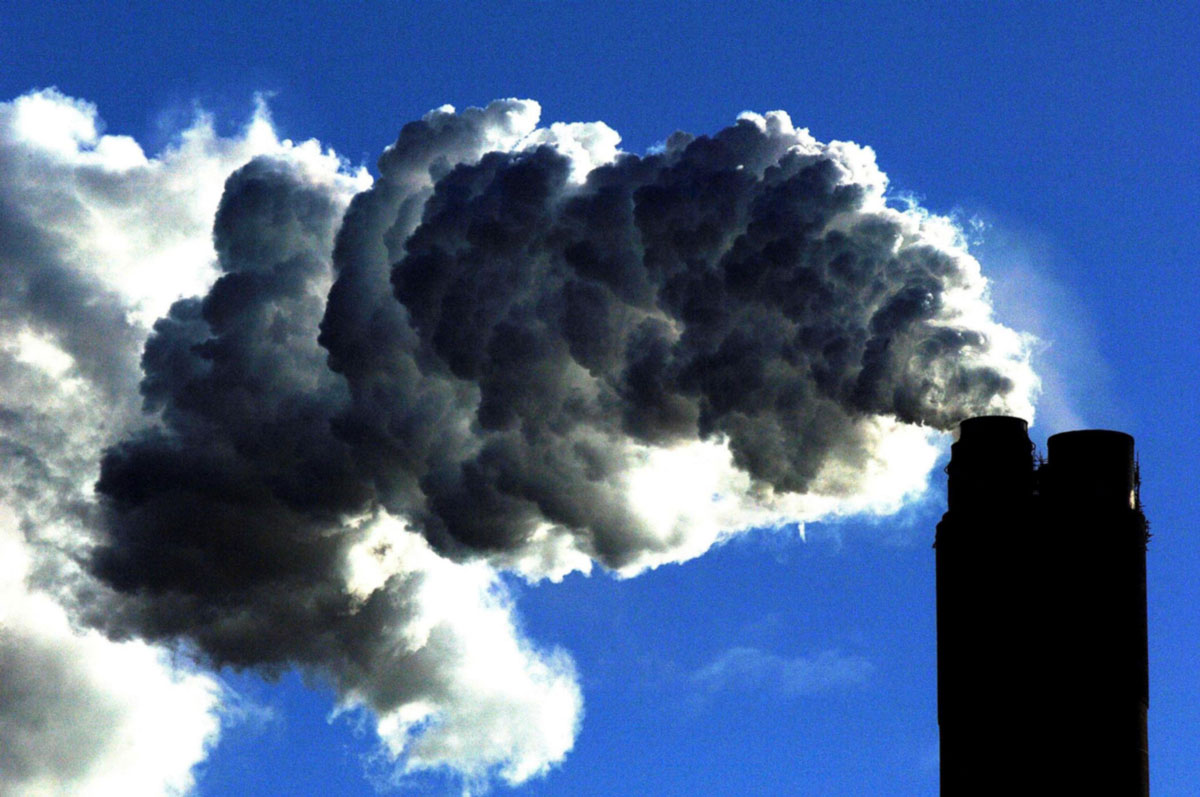We must cut greenhouse gas emissions to zero by 2050, says UK climate committee

A new report says that the “net zero” target can be met in 30 years with existing technologies.
The previous target: In 2008 the UK committed to cutting greenhouse-gas emissions 80% by 2050 as part of the Climate Change Act. This new, more ambitious target can be met at no added cost over previous estimates and should be passed into law as soon as possible, according to the Committee on Climate Change, which produced the report.
What’s changed? There has been a significant drop in the cost of renewable energy, partly thanks to government subsidies. There’s also growing public awareness of the issue and acceptance that major changes may be needed, the report’s author, Chris Stark, said.
Is it feasible? The committee admits the target is ambitious, but it outlines the practical steps needed to slash emissions to zero. These include government and industry actions like adopting lower-carbon power generation, plus carbon capture and storage technologies. The report also calls for better home insulation, a switch to electric vehicles, and major reforestation programs. As for individual actions, it suggests that people reduce meat consumption and turn their home thermostats down to 19 °C.
A call to arms: The committee says that this is a “crucial time in the global effort to tackle climate change.” The impact of global warming, which has already risen by 1 °C above preindustrial levels, is becoming increasingly clear. If we’re to avoid catastrophic changes, we must avoid going above 1.5 °C, the report adds. If other countries agree to adopt this target, there’s a chance of staying below this level.
Sign up here to get your dose of the latest must-read news from the world of emerging tech in our daily newsletter The Download.
Deep Dive
Climate change and energy
The problem with plug-in hybrids? Their drivers.
Plug-in hybrids are often sold as a transition to EVs, but new data from Europe shows we’re still underestimating the emissions they produce.
Harvard has halted its long-planned atmospheric geoengineering experiment
The decision follows years of controversy and the departure of one of the program’s key researchers.
Why hydrogen is losing the race to power cleaner cars
Batteries are dominating zero-emissions vehicles, and the fuel has better uses elsewhere.
Decarbonizing production of energy is a quick win
Clean technologies, including carbon management platforms, enable the global energy industry to play a crucial role in the transition to net zero.
Stay connected
Get the latest updates from
MIT Technology Review
Discover special offers, top stories, upcoming events, and more.